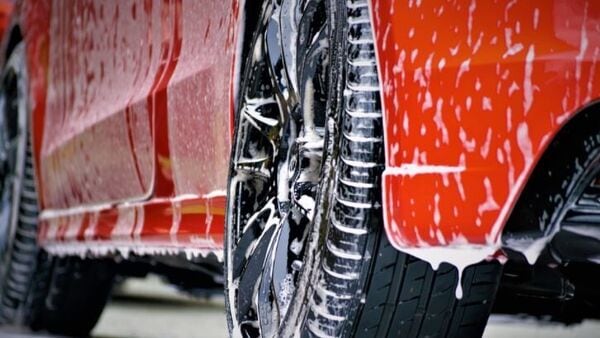
Is your car cleaner causing damage? 5 mistakes you need to avoid
4 months ago | 5 Views
Most car cleaners use household detergents or dish soaps, which are very strong for automotive paint. They would strip off your waxes or sealants, exposing your paint to environmental damage from UV rays, bird droppings, and all those pollutants suspended in the atmosphere, resulting in dullness, fading, and even surface scratches over time. Always use pH-balanced car shampoos that clean strongly without damaging your car's paint or protective coats, keeping them shiny.
Harsh chemicals or cleaners on upholstery, the dashboard, or the trim of your car can lead to long-term damage. Some strong cleaners that may not have specifically been designed for use in automobile interiors can strip away protective coatings on leather, fabric, or plastic. This will leave materials liable to discoloration, cracking, or fading. Others may leave behind residues that attract dirt, making surfaces appear worn and aged.
While waxing your car gives it a protective coating and makes it shine, too much wax is bad. Too much wax is hard to buff off, producing a thick, uneven layer of buildup, streaked with uneven buffing, or leaving hazy spots. Eventually, this will attract dirt and other contaminants to the surface to make it dull. Besides, excessive wax coatings may damage the paint because wax traps moisture within the paint, leading to discoloration or even rust if it's not removed.
Car wax provides a degree of protection but only for so long. As time goes by, it's going to be a gradual wear and tear sometimes accelerated by weather conditions and other factors such as high traffic on your car. The sun, rain, and road salt damage the wax quickly. Without regularly reapplying it, its weakening of the protective layer exposes your car to damage from dirt and pollutants and UV rays. Periodical application of wax will maintain that perfect protection and shine to ensure your car stays safeguarded.
Excessive heat in your car paint will damage it. Heat-drying techniques, which include hot water or heat guns, are likely to overheat the paint, cause fading, cracking, and peeling. This can be worse if it has been freshly driven as the paint is sensitive while still warm. Such results are bound to be irreversible and eventually require repainting to get the vehicle looking great again. It’s essential to avoid using high heat and instead allow your car to cool before drying.
Read Also: Hyundai India bets big on CNG cars, sees accelerated demand
HOW DID YOU LIKE THIS ARTICLE? CHOOSE YOUR EMOTICON !
#




















